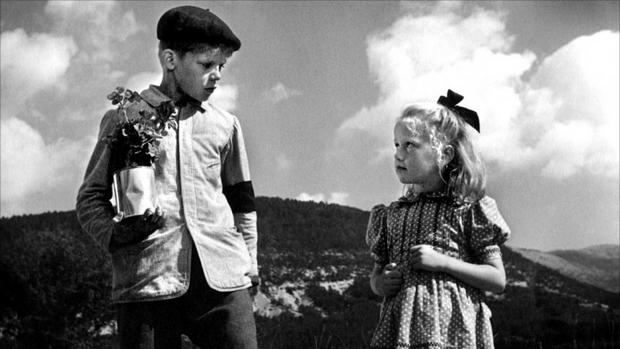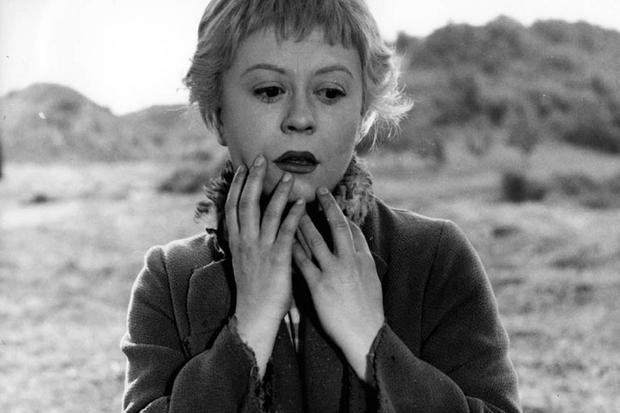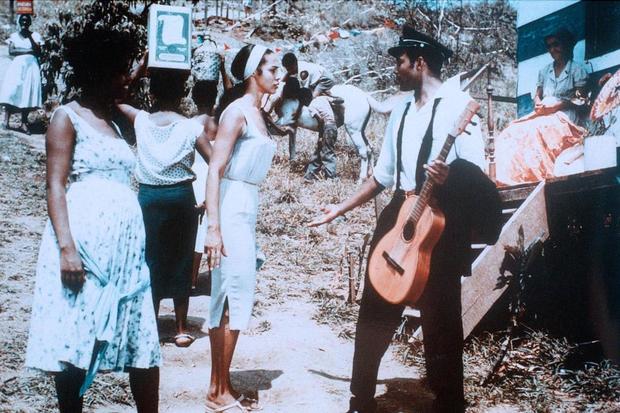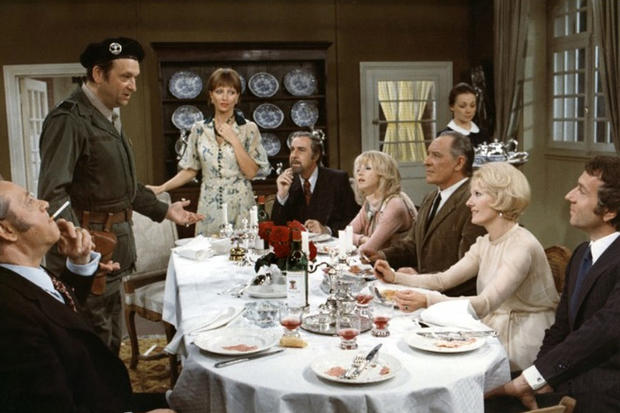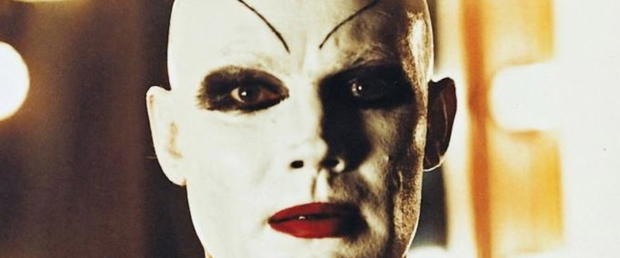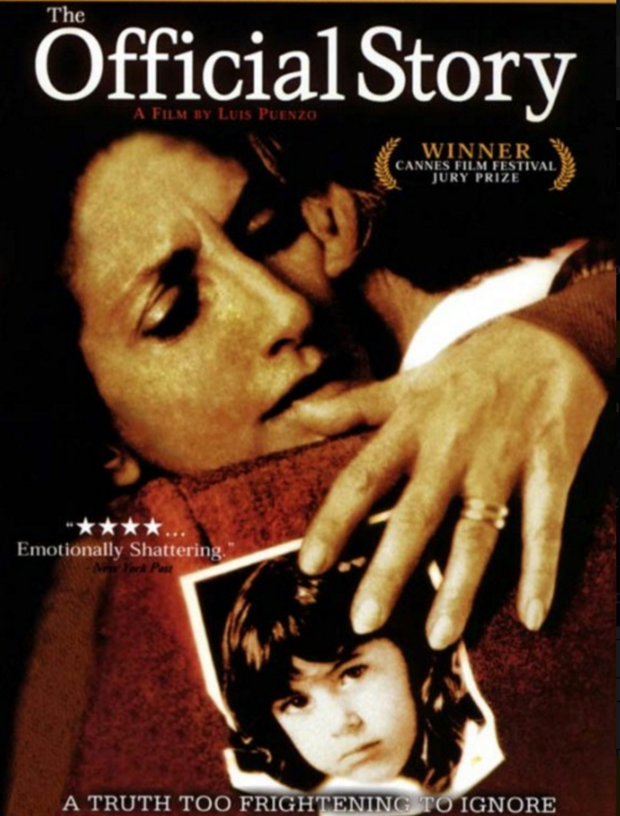Foreign but not forgotten: 10 exceptional Best Foreign Film Oscar winners
The Academy of Motion Picture Arts and Sciences (AMPAS) didn't introduce a competitive Academy Award category specifically recognizing foreign language cinema until 1956, at the 29th Oscar ceremony. Up until then, the Academy presented Special or Honorary awards to notable foreign language films released in the United States. However, these special awards were not handed out on a regular annual basis, and there was no voting process; the Academy would simply select one winning film.
French director René Clément received an Honorary award in 1952 for "Forbidden Games," a beautiful coming-of-age tale, set during WWII, centering on a young orphan girl who is taken in by a peasant family, and finds friendship in the face of death, destruction, and her impending loss of innocence.
"La Strada" (1956, Italy)
In 1956, The Academy established a separate competitive category for foreign language cinema. Federico Fellini's Italian neorealist drama "La Strada" became the first motion picture to receive an official Oscar for Best Foreign Language Film.
Fellini's bleak, yet dreamlike meditation on post-war life, as told through encounters with the carnivalesque in a road narrative, placed the filmmaker prominently on the map. Fellini would go on to win the Best Foreign Language Film Oscar three more times.
"Black Orpheus" (1959, France)
A remarkable retelling of the ancient Greek legend of Orpheus and Eurydice set within a favela of Rio de Janeiro during Carnival celebrations. The tragic love story unfolds in a musical masquerade of samba and a brilliant bossa nova soundtrack by two of Brazil's most renowned composers, Antoñio Carlos Jobim (of "Girl From Ipanema" fame) and Luiz Bonfá. Everything about this film emanates romance.
"The Discreet Charm of the Bourgeoise" (1972, France)
Luis Buñuel's masterfully satiric commentary on class and social convention centers on haughty high society guests attending a dinner party, but who never actually manage to eat dinner because they are constantly thwarted by happenstance that questions the boundary between the real and the surreal.
"Mephisto" (1981, Hungary)
A decadent portrait of demise centering on a talented German stage actor, Hendrik Hofgen (Klaus Maria Brandauer), who's turn in "Faust" wins the affections of a Nazi party leader to whom he inevitably sells his soul. The film brilliantly depicts Hofgen's Faustian descent into an unimaginable hell.
"Fanny & Alexander" (1983, Sweden)
Ingmar Bergman's raw exploration of life's unavoidable and often tragic contingencies as seen through the eyes of the young titular siblings whose childhood is suddenly tainted by the unexpected death of their father, and the unnerving intrusion of a cruel new patriarch when their mother remarries. A moving and heartbreaking look at the consequences of change for children.
"The Official Story" (1985, Argentina)
After the end of Argentina's "Dirty War" -- a violent period during the country's largest military dictatorship that left many innocent people dead -- the wife of an government agent desperately searches for the "official truth" when she begins to suspect that her own adopted daughter may have been stolen from a family of "los desaparecidos" (those who were "disappeared" or murdered by the government).
"Cinema Paradiso" (1990, Italy)
The sweeping story of an Italian film director's life that unfolds through the evolution of his love for cinema, and the nostalgia that he feels for the small village where he grew up and for the old projectionist who first showed him the magic of movies.
"The Barbarian Invasions" (2003, Canada (Quebec))
When a hedonistic fifty-something professor discovers he is dying of cancer, his estranged family members and other quirky acquaintances come together for a riotous celebration of life, death, and dark humor.
"Tsotsi" (2005, South Africa)
Tsotsi is a young delinquent from a rough upbringing who is involved in gangs and street violence, but when he discovers a baby in the back seat of a car, an unexpectedly lighter side of his character starts to reveal itself.
By CBSNews.com's Lauren Treihaft
